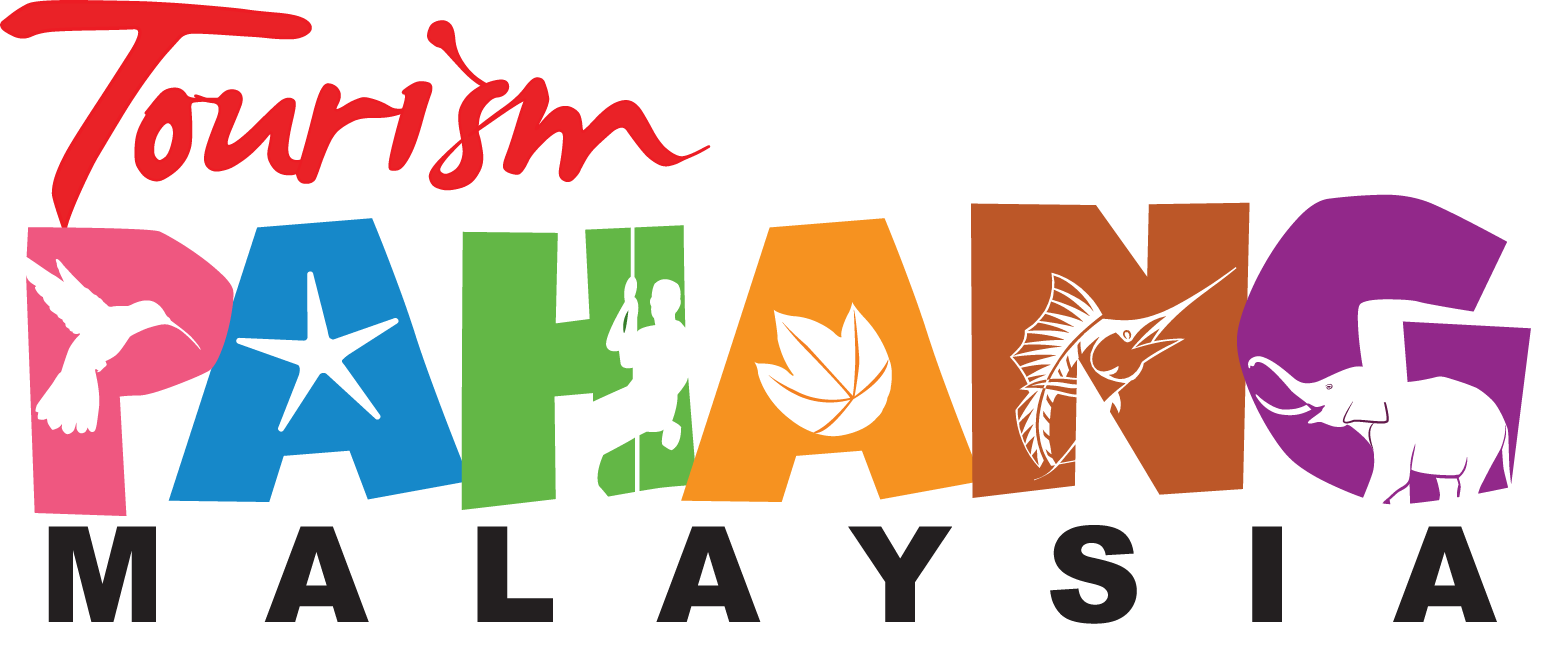
BERA: The Klias Peninsula in Sabah, as well as Loagan Bunut and Sarikei in Sarawak, are being nominated to be recognised as the country's new Ramsar sites, Natural Resources and Environmental Sustainability Minister Nik Nazmi Nik Ahmad announced. He said the ministry was in the midst of preparing the necessary documents for the nomination as they also expected the recognition will be obtained within a year or two if everything goes according to plan. "At the same time, we also invite other states to propose their own wetlands for consideration as Ramsar sites, as they may have a better understanding of their respective areas.
"The ministry is ready to assist state governments, and can even share the technical criteria for a particular area to qualify as a Ramsar site." Nik Nazmi said this after launching the World Wetlands Day 2024 celebration at the Tasek Bera Ramsar Site, which was also attended by Pahang Unity, Tourism, and Culture Committee chairman Leong Yu Man. The last Ramsar Site registered in Malaysia was in 2017, namely the Kota Kinabalu Wetlands in Sabah, bringing the total to seven so far. The others are Tasek Bera in 1994; Tanjung Piai, Pulau Kukup, and Sungai Pulai in Johor (2003); Kuching Wetlands National Park in Sarawak (2005); and Lower Kinabatangan-Segama Wetlands in Sabah (2008). Nik Nazmi said Malaysia possesses a vast ecosystem of wetlands, covering over 5.19 million hectares, including geographical features such as peatlands, mangroves, rivers, and lakes that serve as habitats for various species of flora and fauna.
"These wetlands are crucial and hold high conservation value, whether in terms of economic value through timber, fisheries, and tourism or the benefits of ecosystem services, such as protection from strong winds and huge waves, water retention areas, flood control, and carbon storage. "The recognition as a Ramsar Site can also raise the profile of these areas," he said. Nik Nazmi said Tasek Bera, for example, is the country's largest natural lake, spanning over 30,000ha, serves as a natural freshwater ecosystem with diverse aquatic biology and is home to approximately 2,000 Orang Asli from the Semelai tribe. Meanwhile, Leong said the state government, through Tourism Pahang, was actively revitalising tourism at Tasek Bera with a new resort operator for the previously closed resort at the site is expected to be appointed soon. "Tasek Bera will once again become a key tourism product for the Bera district, and we are also planning other products to be promoted alongside Tasek Bera, including through collaboration with the local Orang Asli community," she said. At the event, Nik Nazmi also launched the "Fishes of Tasek Bera" book, which documented profiles of 36 families and 158 species of freshwater fish, including four newly recorded species, with one species each having endemic and extinct status internationally. — Bernama



